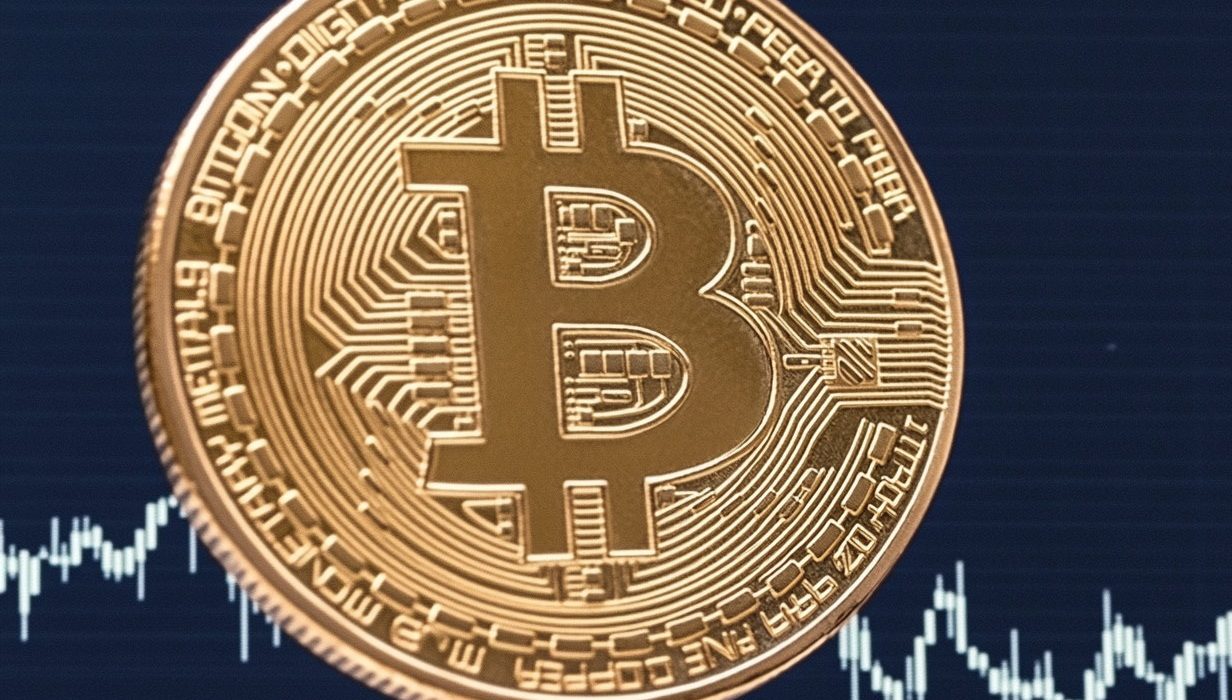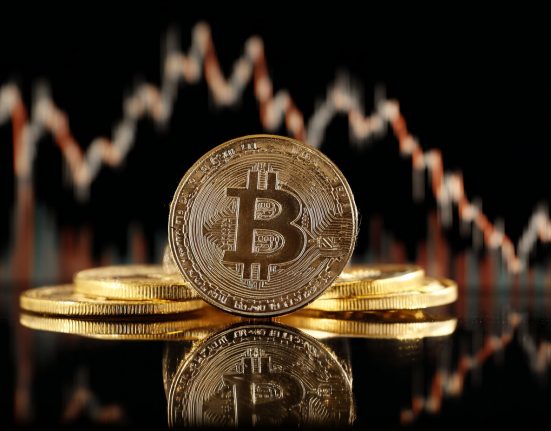Bitcoin is facing increasing pressure amid weak institutional demand and growing economic uncertainty. Over the past ten days, the price has remained between $94,000 and $100,000, while Bitcoin exchange-traded funds (ETFs) have seen significant outflows totalling $650.80 million as of Thursday.
According to cryptocurrency analysts, this reflects a decline in institutional investor confidence more than anything else. If this trend continues, it could lead to further price corrections, especially given Bitcoin’s weak correlation with gold and compared to its relationship with traditional stock indices, making BTC more vulnerable to volatility in an unstable economic environment.
Institutional asset flows to BTC slowing down
American macroeconomic data and geopolitical developments are influencing Bitcoin’s movements as well. The rise in the Consumer Price Index (CPI) in January led to a revision in market expectations regarding the Federal Reserve’s policy, increasing pressure on high-risk assets, including Bitcoin.
At the same time, Donald Trump continues to push for resolving the Russia-Ukraine conflict, along with imposing new tariffs, adding further uncertainty to financial markets. These factors could hinder Bitcoin’s stability unless there is an improvement in institutional investment flows or increased demand from central banks and major countries.
Will US states create Bitcoin reserves?
Reports suggest that twenty U.S. states may be on the verge of creating Bitcoin reserves, which would be an unprecedented move potentially leading to a radical shift in global financial markets.
“I believe that if the proposed laws are approved, approximately 247,000 Bitcoins, worth around $23 billion, could be purchased,” said Rania Gule, a market analyst with XS.com. “This shift by states could lead to an unprecedented increase in demand for this cryptocurrency, boosting its position and putting growing pressure on its supply. If this plan is implemented, it would mark the first time U.S. states have taken such actions regarding cryptocurrencies, signalling a fundamental change in the outlook toward Bitcoin.”
Trump has discussed the idea of creating a federal reserve for cryptocurrencies during his election campaign. While this promise has not been fully implemented, individual states are starting to take tangible steps toward this idea. For instance, in Utah, a Bitcoin reserve bill has already been passed to the relevant committee, while states like Oklahoma and Arizona are working toward reaching the same stage.
As states continue to present their proposals, it becomes evident that this trend may not be limited to small or medium-sized states but could also include larger ones, which may increase pressure on the market.
If these laws pass,it could lead to an unprecedented surge in demand for Bitcoin. States would be legally obligated to purchase large quantities of Bitcoin, creating massive demand from local governments. Additionally, these laws could open the door for government pension funds to invest in Bitcoin, further supporting institutional backing of the cryptocurrency.
The potential purchases by states are estimated at around $23 billion, which would significantly increase the value of the cryptocurrency. With Bitcoin already nearing a supply crisis, these laws could accelerate price increases.
“From my perspective, these governmental moves could also boost demand for Bitcoin from retail investors,” Gule added. “Individuals may rush to buy Bitcoin out of fear of missing out if the cryptocurrency becomes more officially accepted. This shift could represent a broader transformation in economic concepts, as Bitcoin could become part of official financial reserves, changing how investors perceive this currency. Moreover, with new laws requiring states to buy Bitcoin, there may be a strong impact on investor sentiment, as they seek to capitalize on this trend in the markets.”
Bitcoin supply remains extremely limited
In terms of supply, Bitcoin’s supply is extremely limited, which amplifies the potential impact of these government plans on the market. With a maximum number of coins that can be mined, supply could indeed face pressure if demand suddenly spikes, especially if states are legally required to buy large amounts of Bitcoin. This issue could make Bitcoin more prone to price increases due to the limited supply against rising demand.
However, a question remains over the impact these plans will have on the broader cryptocurrency market. Even if not all proposed laws in the U.S. are passed, the impact of a few bills could be enough to change market movements. An increase in demand from government entities would accelerate the adoption of Bitcoin as a widely accepted and safe investment tool, which could strengthen market stability in the long term.
As government interest grows, some may view this as the beginning of a new phase of regulation for cryptocurrencies, potentially boosting the credibility and public acceptance of these digital assets.
This could be a very important step toward integrating Bitcoin into the traditional financial system, which could lead to a drastic transformation in the cryptocurrency markets. While there are uncertainties about the number of bills that will eventually be approved, even a few successful laws would add pressure to the markets and potentially lead to a wave of price increases.
If these plans are implemented, we may witness a significant shift in how cryptocurrencies move, as Bitcoin becomes part of state reserves, increasing its acceptance among investors and significantly boosting its value.







